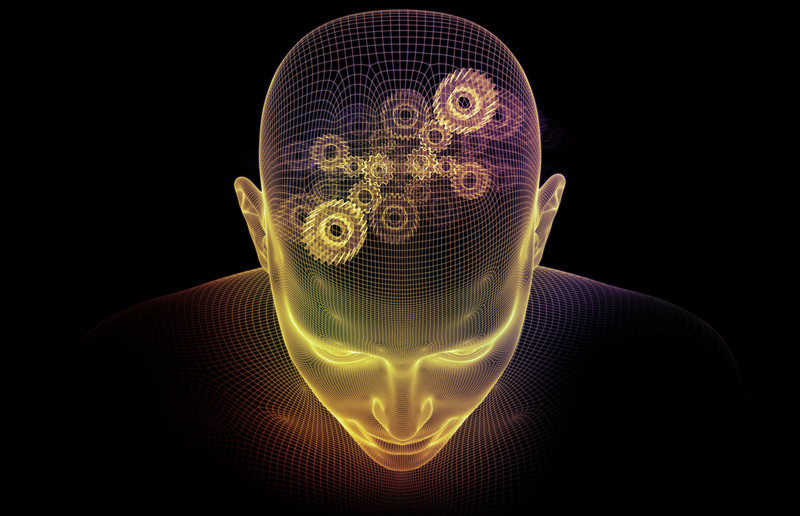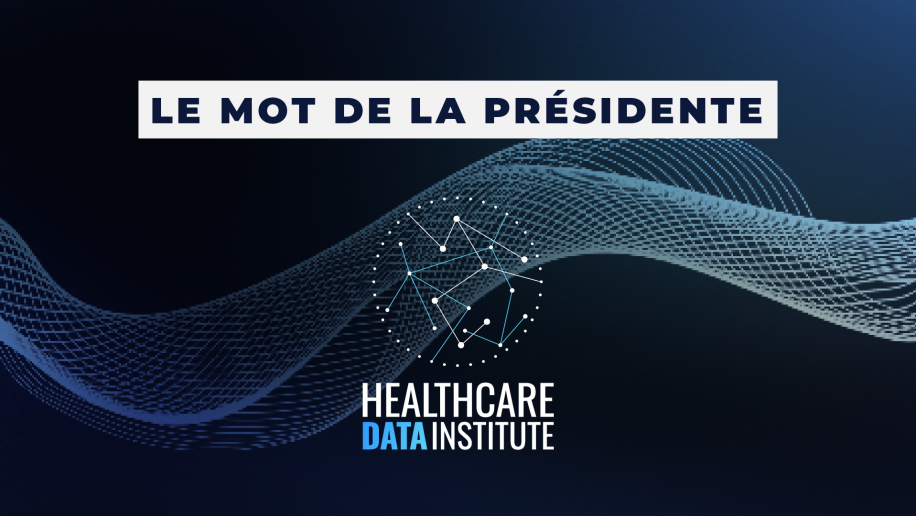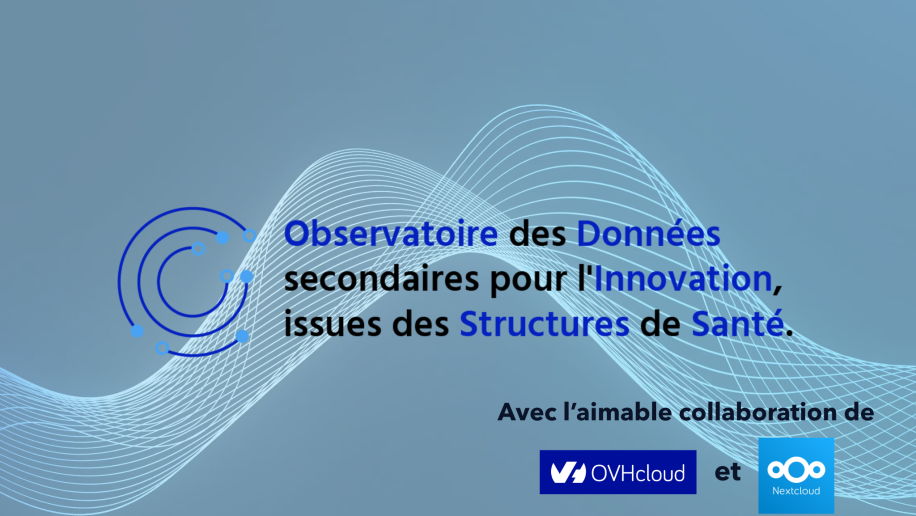We’ve all heard about Big Data and Artificial Intelligence. But I’m going to try and tell you something new about them. Because, actually, Big Data and AI have been around a long time! The ability to understand large amounts of data, analyse them and reproduce them (with varying degrees of precision) has existed for many, many years. And the extraordinary machine capable of this miraculous feat is one you know well: quite simply, it’s you, it’s me, it’s the human brain!
In terms of digital services, when we talk about this, what are we actually talking about? A service that is able to geo-locate me to suggest a great restaurant? Another that can draw pretty graphics for me after my run?
All of this is really interesting, but, for now, digital intelligence (in the human sense of the term) is still fairly limited.
The only way to drive the intelligence of Artificial Intelligence is to provide it with as much content as possible so that it can use that to give you the result you want.
Left to its own devices, Artificial Intelligence is more artificial than actually smart… If you’ve not printed something in the software of your bot beforehand telling it that turning right is the opposite of turning left, it will be completely hopeless when it comes to choosing the right direction.
So Big Data, and its smaller cousin AI, therefore depend totally on the database they have available. That’s their stock, a sort of memory based on experience. The vehicle for expressing their intelligence. This database is essential in allowing the machine to surprise you. Because no machine can tell you that it’s going to rain if its content base does not have access to information about the weather.
Many people involved in this business have, so far, manufactured super-computers where the only real added-value is that they are faster than you and me in analysing a multitude of data and establishing potential correlations before reproducing content in the form of advice or information.
This is what my valued associate Paul-Louis Belletante calls Intelligent Artifice.
Other people have performed the (herculean) task of producing and categorising immense volumes of content, in addition to designing a machine that is really more skilful than intelligent. Here, the killer solution is not the algorithm itself but what it is supplied with in order to enable it to express something intelligently. Ultimately, it is not the intelligence of the machine but the expertise of those individuals providing the service that makes the difference. Basically, the machine is an interloper. Its intelligence is essentially only potential. But it becomes real because of the content made available to it. And that’s where it really is amazing…
Isn’t that right, Paul-Louis?
—
Christophe Brun is co-founder & CEO of Betterise Health Tech.
Christophe is a member of the Healthcare Data Institute.




